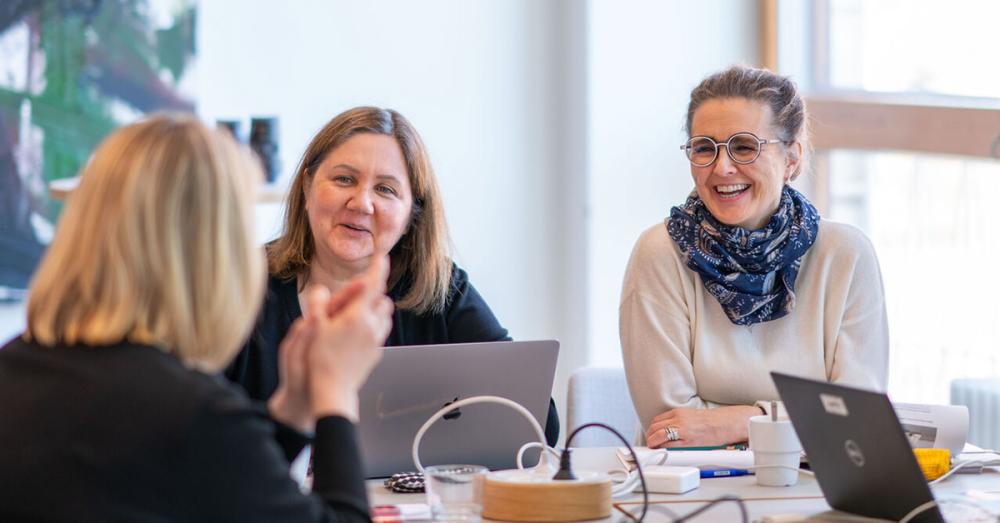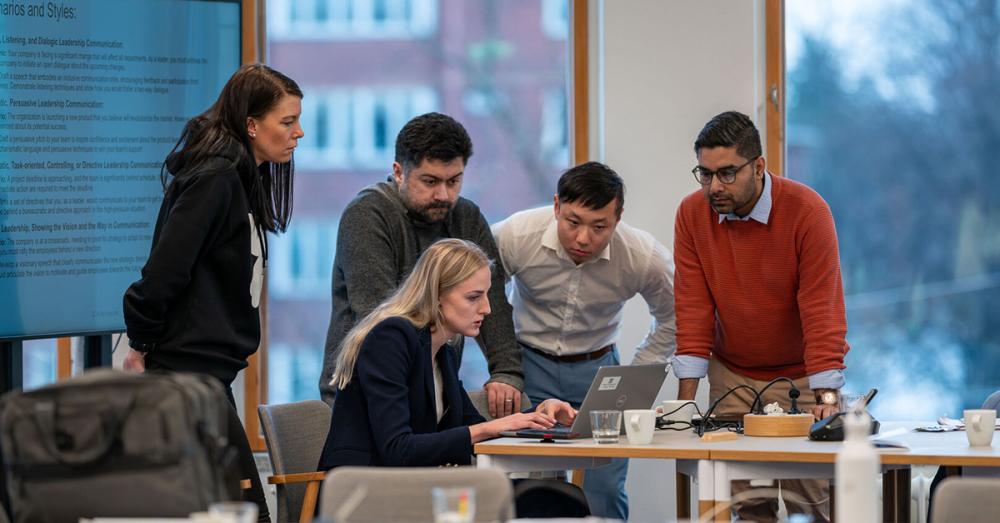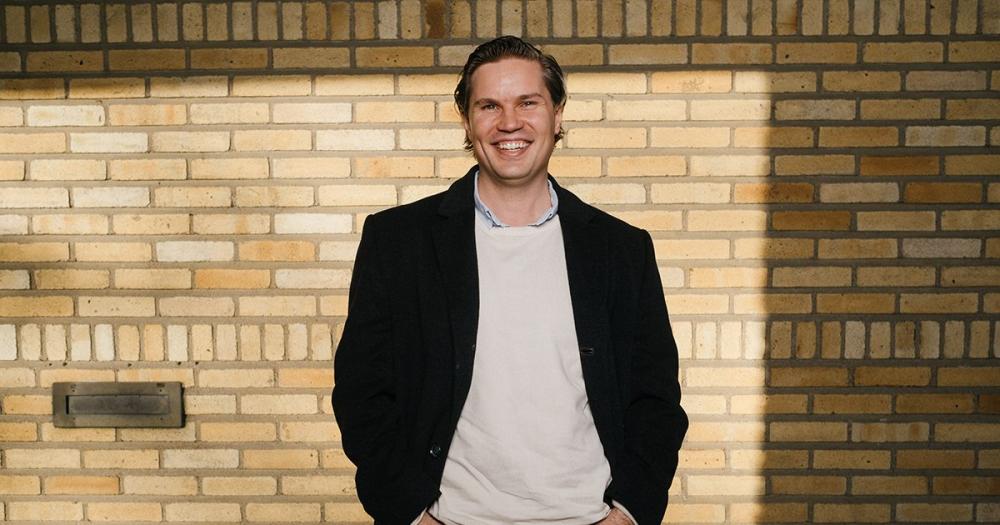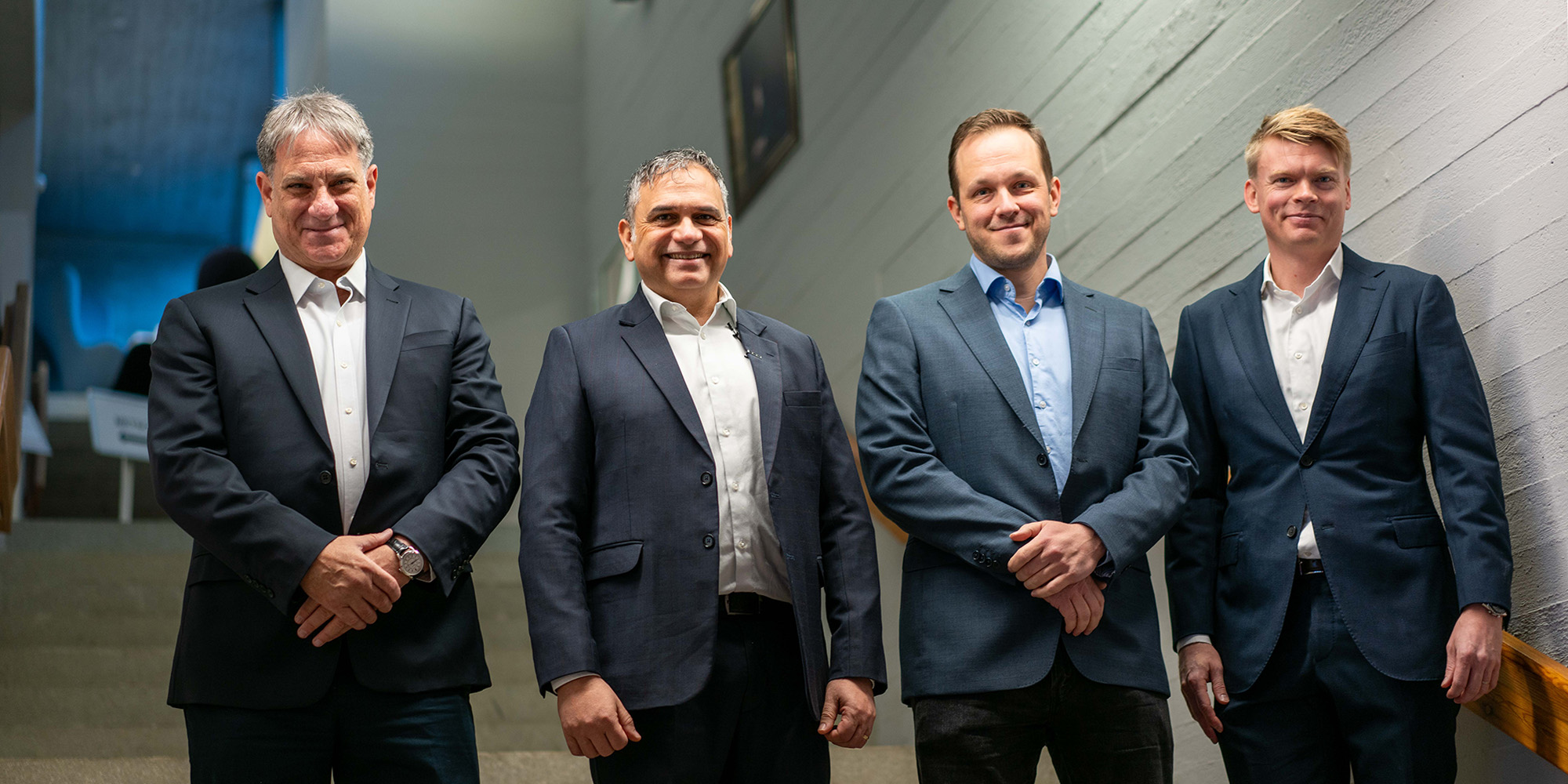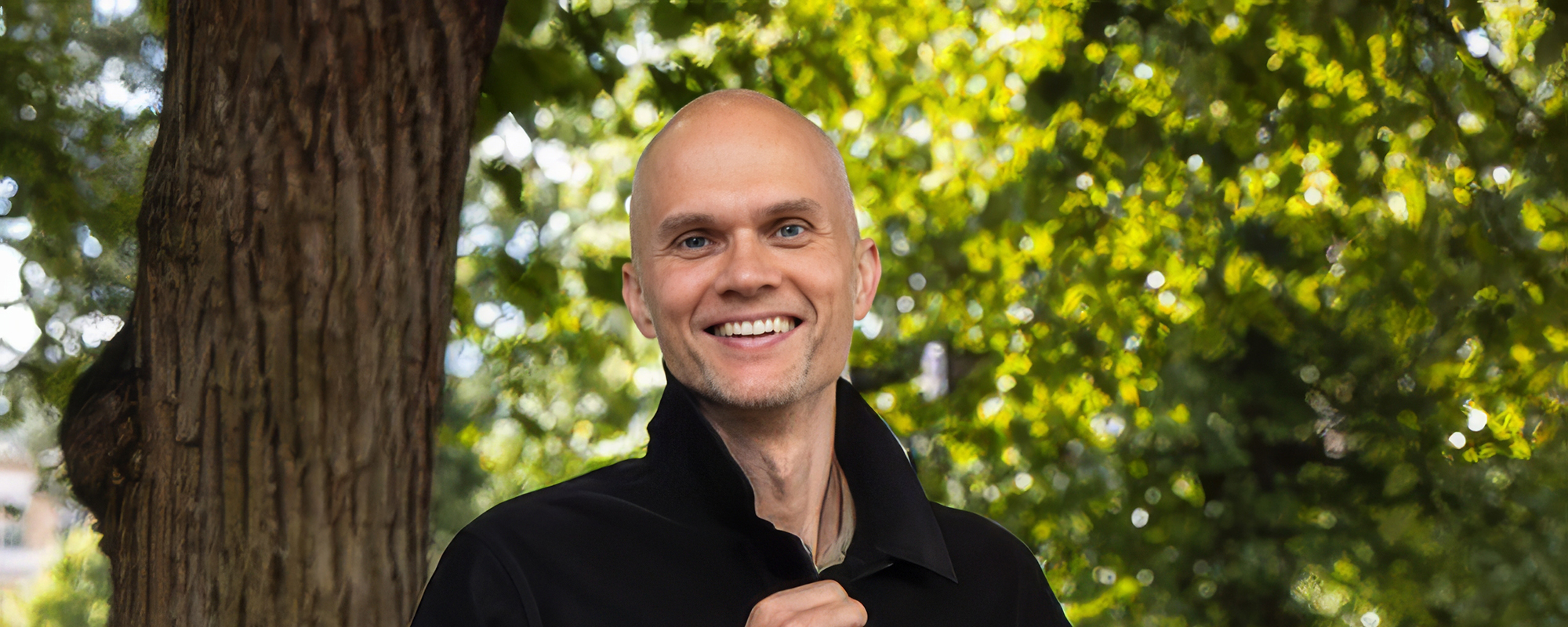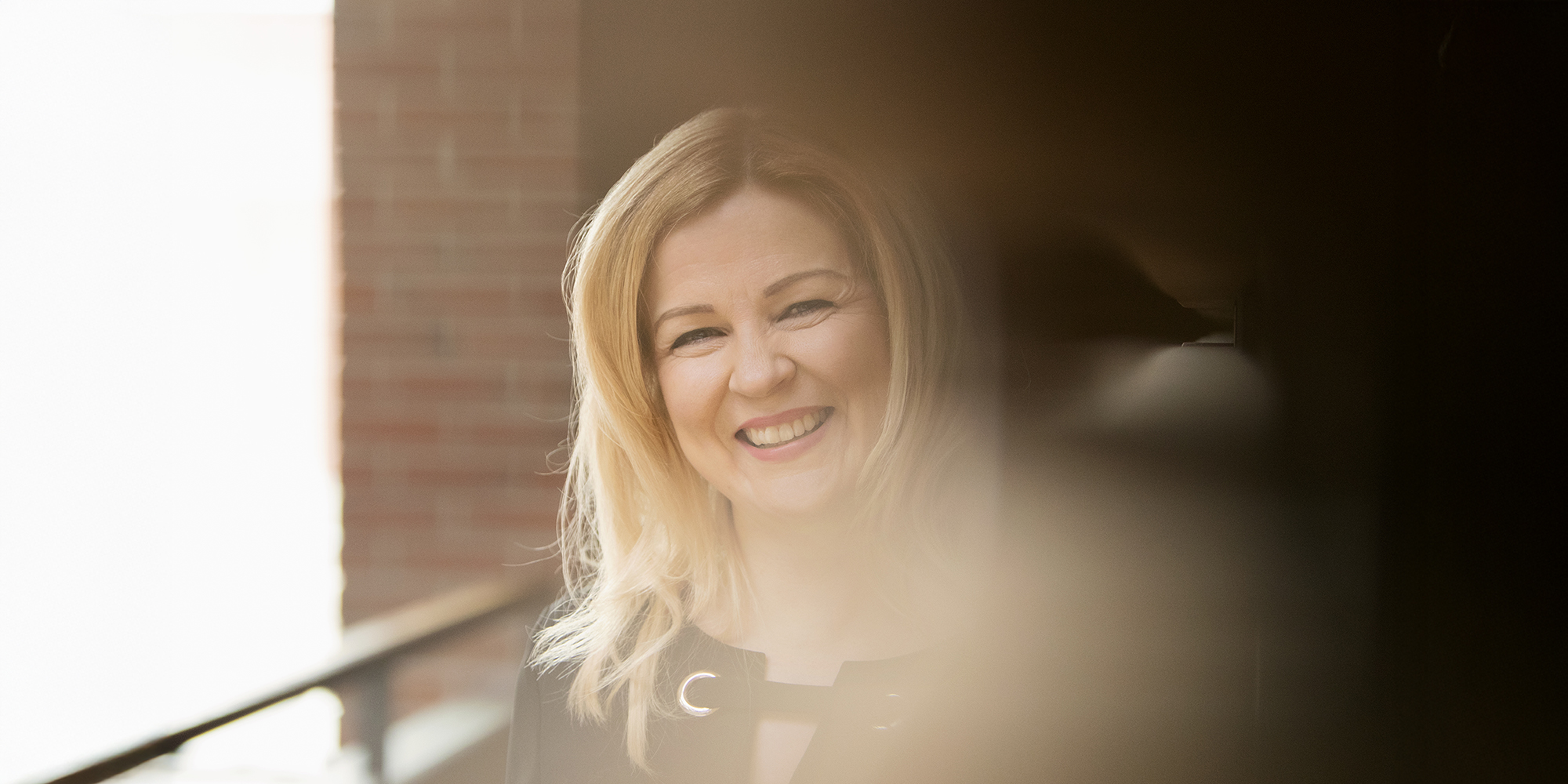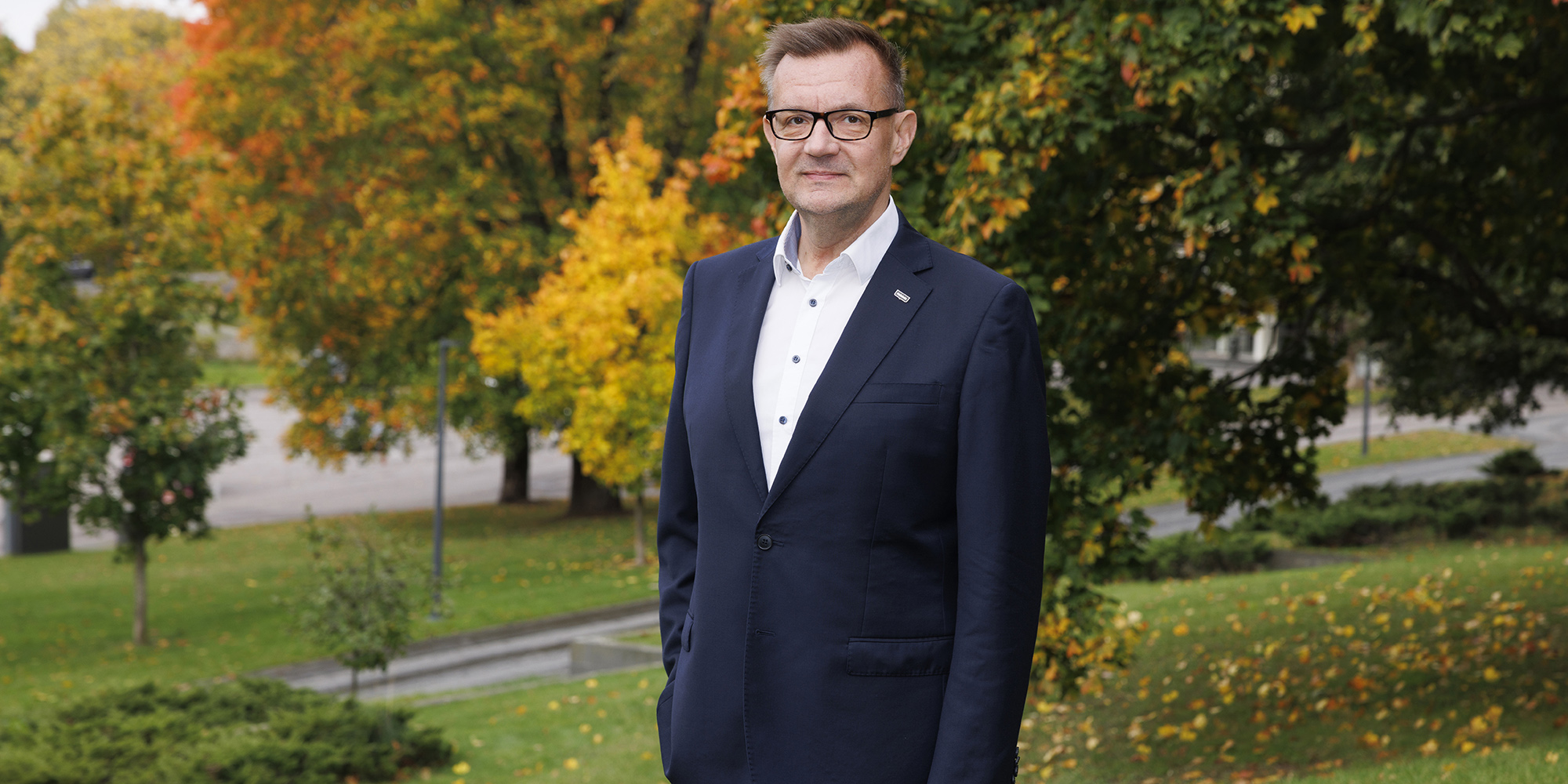Fazer is among companies seeking new perspectives through strategygaming.
“Compared to other simulations, Aalto Strategy Game is extremely realistic”, says Pekka Mattila, Managing Director of Aalto EE, who has led dozens of Aalto EE Strategy Game simulations for different organizations.
The exercise takes at least a couple of hours, with the longest iterations lasting for two days. The game is played in groups, and the briefing is based on a genuine situation faced by the company in the market.
A key feature of the Strategy Game is to help a company uncover its vulnerabilities and pitfalls."
According to Mattila, a key feature of the Strategy Game is to help a company uncover its vulnerabilities and pitfalls. When formulating a strategy, companies are often too preoccupied with themselves, and assume that the operating context is relatively stable. The Strategy Game draws attention to competitors – enemies, in strategy terms – and the moves they are making.
“Often a company is so self-involved during strategy work that it fails to notice competitors scheming their next moves right under its nose. The Strategy Game challenges the notion that a company would be the sole actor on the market”, says Mattila.
The Strategy Game works well for both short-term and long-term planning. It can for instance help pinpoint a customer relationship or area of expertise that is leaning on just one employee.
“The exercise works particularly well for large, confident companies that are able to take an honest look at themselves, but perhaps need some reminding to pay attention to the moves of other players.”
Research-Based Game Development
Aalto University Assistant Professor Jukka Luoma has been involved in developing and facilitating the Strategy Game simulations. His research focuses on competitive dynamics.
“The Strategy Game makes use of research on company behavior in competitive situations.”
Luoma is interested in the psychology of competition. According to Luoma, seeing competitors only as threats and taking a ‘whatever it takes’ type of mentality to competition isn’t always ideal for a company.
“Observing strategygaming has shown us that companies tend to focus on their key competitors, forgetting about the rest. They formulate a strategy with a few competitors in mind, overlooking what else is going on around them.”
Companies tend to focus on their key competitors, forgetting about the rest."
The simulation helps uncover misconceptions of this type.
On an individual participant level, the Strategy Game helps to deal with potentially unproductive psychological defensive mechanisms. “People often display a ‘better than the average driver’ syndrome. We think we know better than others. This is a natural protective mechanism, which stops us from seeing our own weaknesses as intensely as we should. Strategygaming is about actively taking on different views; it’s a cognitive trick that helps overcome this barrier.”
In practice, the Strategy Game is about seeing activities through the eyes of others. It is an eye-opener, as blind spots are much easier to see in others than in oneself.
“Shows You’re Not the Only Player in the Field”
Luoma explains that the game is a safe way for a company to voice viewpoints that would not surface otherwise. “Gaming gives permission to raise issues critically. Problems are easier to address through a game. In a sense, it gives a good excuse to point out problems in business activities or the strategy. It makes internal discussion more diverse – instead of just patting on the back, it allows to talk about sore spots.”
Instead of aggression, it encourages fresh thinking."
The Strategy Game isn’t warlike. Instead of aggression, it encourages fresh thinking. It was inspired by military organizations, but instead of prompting to attack, offers a place for critical reflection on whether attacking makes sense for the business and the stakes involved. “An attacking mindset can actually lead to bad decisions”, says Jukka Luoma. He mentions competition between automobile giants as an example. “Volkswagen decided to be the biggest automobile manufacturer and overtake Toyota. Could this explain why Volkswagen’s emissions scandal was possible? Did they play by the ‘whatever it takes’ method?
In fall 2015, Volkswagen was found to have fitted 11 million diesel vehicles with software that gave incorrect emissions levels, which in reality were 35-40 times higher than reported.
For the assistant professor, real-life situations of this type offer intriguing material for examining the psychology of competition. “The Strategy Game doesn’t encourage positioning competitors as enemies, as we know from real life that it’s not necessarily good for the company. But it shows the company that there’s never just one player in the field.”
“The game creates a sounding board that kicks personal thought processes into motion and offers a new experience.”
Both Pekka Mattila and Jukka Luoma see the game being anchored in the company’s genuine situation as its strong point. Instead of trying to envisage the future in years to come, the game advances one step at a time. “The mind game can show something that would otherwise remain unseen, but may also prevent wrong moves”, says Luoma.
Aalto Strategy Game Simulation Experiences
“It’s fun to step into the competitor’s shoes and look at the market from that angle.”
Petri Tervonen
Head of Marketing, Fazer
“We did the exercise as part of our strategy kick-off event. It went really well. There was a large group of us, about 70. People enthusiastically threw themselves into the game, which resulted in good ideas to consider for the future. It was partly spurring others on, partly team-building.”
“People find stepping in the rival’s shoes a fun idea. Exaggerations, a competitive streak and team work begin to surface. Every organization has its unspoken truths. In a game, you end up voicing issues you wouldn’t normally, which is a good thing of course.”
“Scenario exercises often take a lot of time and effort. The Strategy Game can be arranged in many ways: it can be light and agile, or have a deeper approach over a longer period of time. Even light thought exercises are valuable. Strategygaming needs to have a dynamic setting; the area of the game could change midcourse, just like in real life. The game acknowledges that something can happen that totally transforms the market. Instead of aiming for precise answers, the goal is to observe the environment and understand that something major that takes place can have huge repercussions on the company’s activities.”
“We expose ourselves to tools to shed light on our blind spots.”
Ilmari Vallo
CEO, DataCenter
“The Strategy Game’s strength lies in its concrete nature. You can always examine different cases, tests or books, but they are never as concrete as a simulation that is centered on one’s own company and involves thinking about elements that support its wellbeing.”
“At DataCenter, we want to expose ourselves to new tools to shed light on our own blind spots. We want to trace areas we have missed, and how competition and the world is taking a different course to what we thought before. The Strategy Game is one way to do this.”
“In the game, we viewed ourselves from a destruction point of view. We thought of how our rival could destroy us with our information. It’s always eye-opening to think about possible weak spots. We aim to find these dark areas on a personal level as well as in team dynamics, cooperation, and every other key area.”
“We also thought up how we would attack our competitor. What new products or services could we have – ideas like this spring up when planning an attack and analyzing the field of competition.”
“DataCenter has the most proactive board in the world! It’s great. We arrange two or three intensive sessions a year with the board, and the Strategy Game was part of one of these. It gave us a good outline for the future, and measures that will take us in our desired direction arose at the same time.”
“The Social Welfare and Healtcare Reform is a great mystery and question mark in our sector.”
Anne Sivula
CEO, Seure
“We took part in the Strategy Game simulation with the management team of Seure, as we were beginning to draw up our new strategy. The game fitted the situation well, and helped us consider future development paths in a diverse way. We carried out an extensive analysis of the current situation around the same time; where we are at now, how well processes work, the competition situation. The game had a vital impact on highlighting issues that require extra effort in strategy work.
Seure is a personnel service company owned by the cities of Helsinki, Espoo, Vantaa and Kauniainen, their corporations, and The Hospital District of Helsinki and Uusimaa, HUS. We supply personnel to daycare centers, schools, hospitals, etc. Initially, the idea of a strategy game sounded strange considering our sector. But it turned out that the game fitted into our world very well: it helped us think about what needs to be done to win and what needs our input.
Right now, the Social Welfare and Healthcare Reform is a great mystery and question mark. In strategy game terms, one can say that sometimes it feels like Trump’s in the helm: will happen, won’t happen, will happen. In charting out our operating context, there are major uncertainties at play.”
“We thought about what competitors could do to kill us off.”
Petri Kiikka
Chairman of the Board, DataCenter
“I thought it was a fun exercise: not strategy work as usual, but a quick, compact package during the course of one morning.”
“The exercise gave plenty of food for thought for the six of us. We thought about what our competitors could do to kill us off. Genuine stuff. We provided some background on who our worst rivals are, and considered in concrete terms what we’d get busy doing if we were part of their team; what would be the guiding thought in competing against ourselves.”
“The Strategy Game was more useful than I imagined. We, too, are in the middle of big changes and growth. I feel that any new angle is beneficial.”
“The time pressure had a positive effect: our discussion gained daring and surprising viewpoints.”
Maria Aaltonen
Head of Human Resources, Fazer Confectionery Business Area
“It was a good experience! We took part in the Strategy Game headed by Pekka Mattila as part of the management team’s strategy event.”
“Also the task was good fun. The gaming element created a relaxed vibe, and it was easy to say whatever crossed one’s mind. The time pressure had the same effect: no one watched their words, as situations and scenarios needed to be dealt with quickly. Suggestions and thoughts surfaced that would have remained unheard in another situation.”
I’m a little allergic to silly games that corporate strategy events often include. This wasn’t one of those."
“The Strategy Game opened up new thoughts in a completely different way than the traditional “let’s discuss our strategic focus areas”. Surprising and daring viewpoints came about. The discussion gained a new dynamic against a backdrop of having to come up with fast decisions.”
“We had a really good time. The whole group had a “we can do it” attitude, we can get even through rough spots. The game seemed to liberate from inhibitions with even the wildest ideas brought forward.”
“I’m a little allergic to silly games that corporate strategy events often include. This wasn’t one of those. It deals with real-life situations. Strategygaming sounds a bit threatening, and it’s true that the conversation revolved around threats: what’s going on in the outside world. Concentrating on one’s own activities is human, and that’s why it’s good to focus outside oneself in a game like this. It’s beneficial for one’s thinking, and brings a new perspective.”
“We had such a good experience that we decided to make use of the Strategy Game also on other occasions, with a bigger bunch of people.”
Aalto Strategy Game in short
A novel business simulation done in groups to test strategies, forecast competitors’ actions, and improve understanding of competitive dynamics. The Strategy Game helps managers to uncover some of the underlying hypotheses in their own strategies, ask better questions about dynamics of competition, and expand their view of the range of business opportunities.
Military organizations use Strategy Games to test strategies, forecast enemy actions, and gain an improved understanding of the range of possible outcomes in a situation.
A Business Strategy Game or business strategygaming is a type of simulation that can be used as part of corporate strategy work to understand competitive dynamics.
A role playing strategygaming exercise is relatively easier to run and can help participants to uncover some of the underlying hypotheses in their own strategies, ask better questions about dynamics of competition, expand their view of the range of business opportunities, and reflect on the sustainability of their firm’s perceived competitive advantages. A typical approach is to ask small groups to take the role of one of the firm’s current or potential competitors, and to have them device a strategy for out-competing their own firm.

